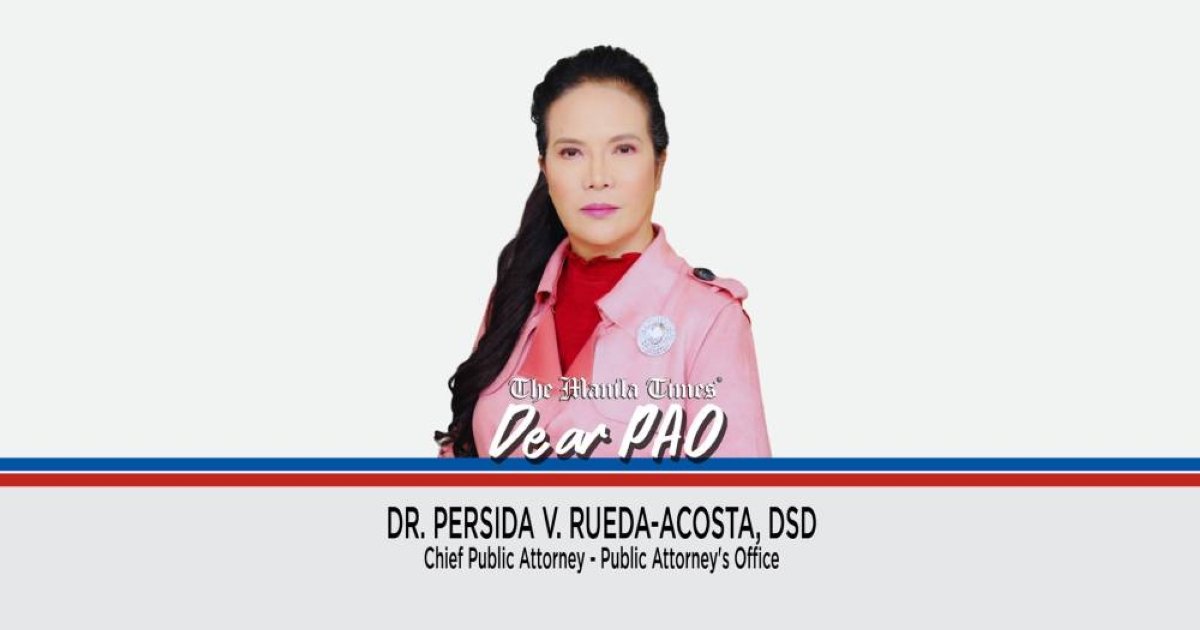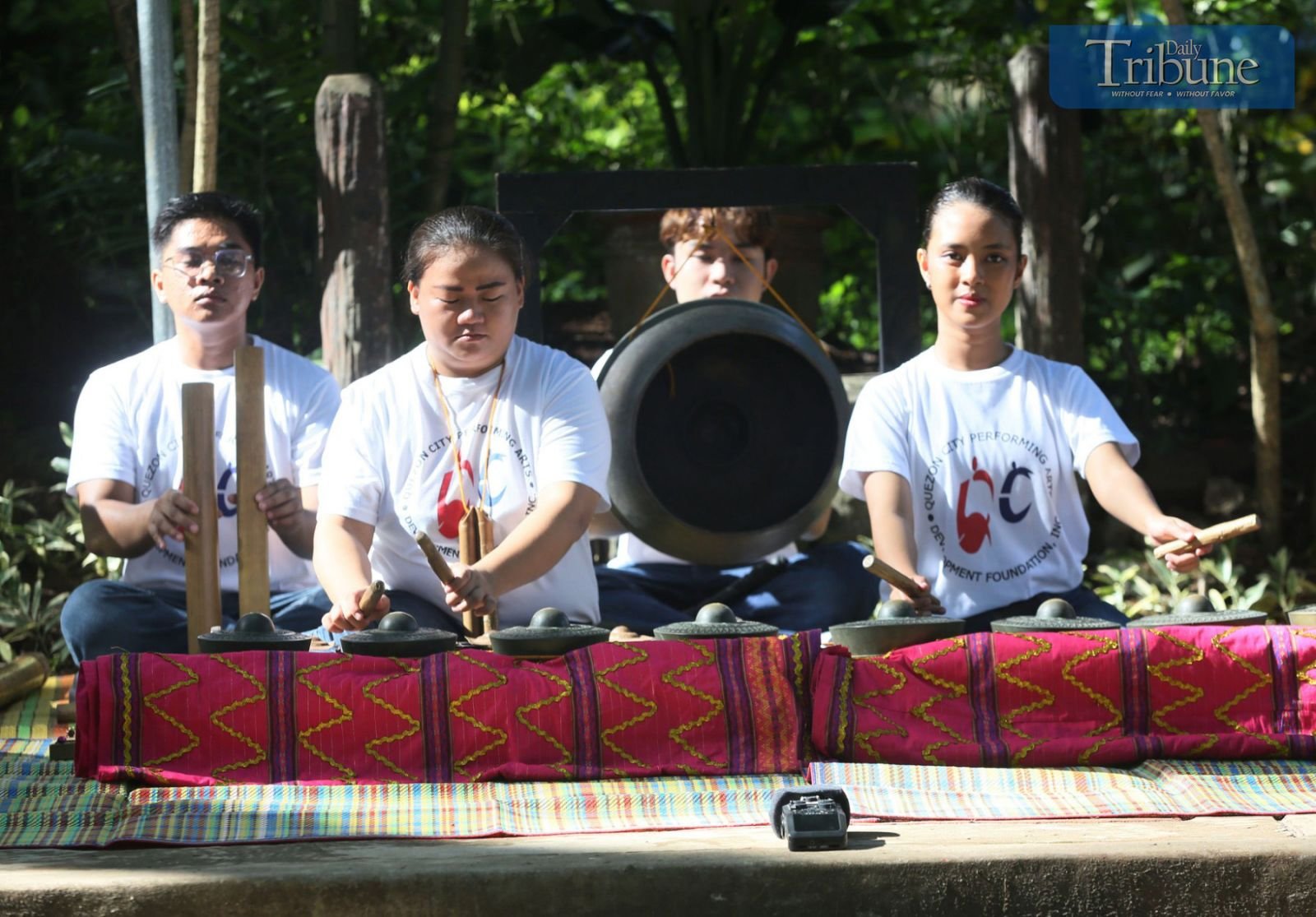Dear PAO,
My cousin and her husband have been married for 17 years, and they have three minor children. However, they are no longer together. Her husband now has a girlfriend, and my cousin has a lesbian partner. They “separated” because her husband cheated on her five times. Her husband wants to remarry and since they now have their own lives, they both agreed to live separately and even made an agreement before the barangay that they will now be terminating their marriage and declaring it as void or annulled. Is their waiver / compromise agreement valid?
Cherry
Dear Cherry,

Please be informed of Article 2035 of the New Civil Code, which states that:
“Art. 2035. No compromise upon the following questions shall be valid:
“(1) The civil status of persons;
“(2) The validity of a marriage or a legal separation;
“(3) Any ground for legal separation;
“(4) Future support;
“(5) The jurisdiction of courts;
“(6) Future legitime. (1814a)”
Based on the above-stated law, there shall be no valid compromise, and, by implication, no waiver of the validity of a marriage. Although Article 6 of the same Code provides that rights may be waived, the said waiver must not be contrary to law, public order, public policy, morals, or good customs, or prejudicial to a third person with a right recognized by law. In your case, since the agreement between your cousin and her husband is about the validity of their marriage, such agreement shall be void.
Further, in the case of Landicho vs. Relova, et al., (GR L-22579, Feb. 23, 1968), the Supreme Court, through Associate Justice Enrique Fernando, held that:
“As was correctly stressed in the answer of respondent Judge relying on Viada, parties to a marriage should not be permitted to judge for themselves its nullity, only competent courts having such authority. Prior to such declaration of nullity, the validity of the first marriage is beyond question. A party who contracts a second marriage then assumes the risk of being prosecuted for bigamy.”
Thus, parties to the marriage should not be permitted to judge for themselves its nullity, for this must first be submitted to the judgment of competent courts. Only when the nullity of a marriage is so declared by the court can it be held as void. So long as there is no such declaration, the presumption is that the marriage exists and is valid.
We hope that we were able to answer your queries. This advice is based solely on the facts you have narrated and our appreciation of the same. Our opinion may vary when other facts are changed or elaborated on.
Editor’s note: Dear PAO is a daily column of the Public Attorney’s Office. Questions for Chief Acosta may be sent to [email protected]










